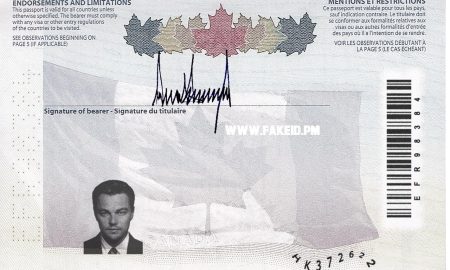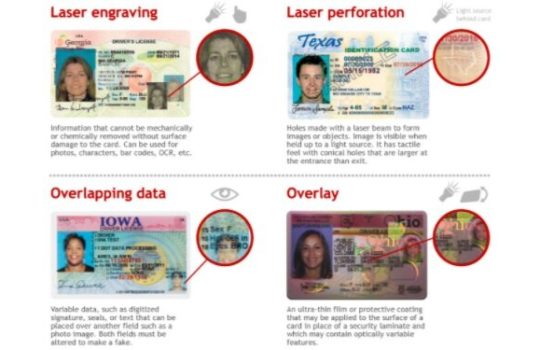Fake Caller Id
2023-10-09 2023-10-09 13:09Fake Caller Id

Fake Caller Id
Louisiana Fake Driver License
Russia Fake Driver License
Canada Fake Passport
Fake Kuwait Diplomatic Passport
Title: Exploring the Ethics and Dangers of Fake Caller ID
Introduction:
In today’s digital age, communication technology has advanced at an unprecedented rate. The convenience of smartphones allows us to connect with anyone, anywhere, at any time. However, this progress has also brought about new challenges, with privacy and anonymity becoming ever more important. One such challenge is the emergence of fake caller ID services, which offer users the ability to manipulate their displayed phone number during outgoing calls. This article delves into the world of fake caller ID, examining its ethical implications and potential risks.
1. Understanding Fake Caller ID:
Fake caller ID, also known as caller ID spoofing, is a practice where callers intentionally falsify the information displayed on the recipient’s caller ID system. Using these services, individuals can make their calls appear to originate from a different number, making it difficult for the called party to identify the true caller’s identity. This technology is often employed for a range of purposes, including pranks, telemarketing, or even illegal activities such as scamming or harassment.
2. Ethical Considerations:
a) Lying and Misrepresentation:
By deliberately altering their caller ID, individuals engage in deceptive behavior, compromising the integrity of their communication. This raises ethical concerns, as it erodes trust between callers and recipients. Fake caller ID creates an environment where genuine conversations and intentions can be easily misperceived, leading to misunderstandings and potentially damaging consequences.
b) Invasion of Privacy:
The ability to mask your identity can infringe upon an individual’s right to privacy. People have the right to know who is contacting them and from where, as this information helps them make informed decisions on whether to answer a call or engage in a conversation. Fake caller ID undermines this right and may lead to unwarranted intrusion into an individual’s personal life.
3. Legitimate Uses of Fake Caller ID:
While the ethical concerns surrounding fake caller ID are significant, there are some scenarios where individuals may utilize these services for legitimate purposes. These may include:
a) Protecting Personal Information:
In certain instances, individuals may not want to disclose their actual phone number, especially when interacting with unknown individuals online or utilizing dating platforms. By using fake caller ID, individuals can maintain their privacy while still engaging in meaningful conversations or transactions.
b) Security and Investigation:
Law enforcement agencies, private investigators, or journalists may use fake caller ID to maintain confidentiality when contacting sources or potential witnesses. This serves as a crucial tool for protecting both the caller and the recipient, allowing for anonymous communication without compromising vital information.
4. The Potential Dangers and Risks:
a) Fraud and Scammers:
One of the most notorious uses of fake caller ID is by scammers and fraudsters. By mimicking legitimate organizations or government entities, they deceive unsuspecting individuals into providing sensitive information or making financial transactions. This unethical practice puts innocent people at risk of identity theft and significant financial loss.
b) Harassment and Threats:
With the ability to hide behind fake identities, individuals can use fake caller ID to engage in malicious activities such as bullying, harassment, or stalking. Concealing their real number can make it challenging for law enforcement agencies to trace the origin of such calls, leaving victims vulnerable and without recourse.
5. Legal Ramifications:
Several jurisdictions have recognized the dangers associated with fake caller ID and have passed legislation to combat its misuse. In the United States, for example, the Truth in Caller ID Act criminalizes using caller ID spoofing with an intent to defraud, cause harm, or wrongfully obtain anything of value. Penalties include fines and potential imprisonment for offenders.
Conclusion:
While fake caller ID services offer a degree of convenience and privacy, their implications should not be taken lightly. The ethical considerations surrounding their use demand careful introspection, urging individuals to consider the potential consequences of their actions. Striking a balance between preserving privacy and maintaining ethical boundaries is essential in fostering a secure and trustworthy communication environment. As users, we play a vital role in advocating responsible practices and discouraging the misuse of fake caller ID technology.














